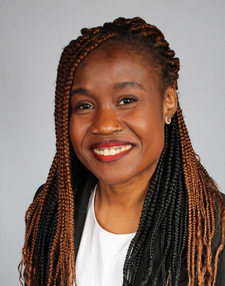Funded Pilot Studies
Our pilot studies aim to advance recovery housing research for people who use MOUD.
Pilot Studies Funded by I-STARR
Round 1

Rachel Winograd, PhD
Pilot Study Director
Pilot Study 1: Developing MOUD Stigma and Capacity Measures for Recovery Housing
This pilot study established key domains through focus groups and expert consultation, then created validated measures tailored for recovery housing operators and residents using multidimensional graded response modeling.

Jodie Dewey, PhD
Pilot Study Director
Pilot Study 2: Identifying Critical Elements for Recovery Housing Model for Criminal Legal System-Involved Individuals Receiving MOUD
Using qualitative comparative case study methods, Jodie identified effective policies and practices for recovery homes serving this population.
Round 2

Jennifer Miles, PhD
Pilot Study Director
Pilot Study 3: Medication for Opioid Use Disorder Utilization among Philadelphia Recovery Home Residents with Opioid Use Disorder
This pilot study explored inner contextual factors related to resident MOUD use, characterized residents’ MOUD utilization patterns, and examined associations between resident MOUD use and recovery home organizational factors.

Adati Tarfa, PhD
Pilot Study Director
Pilot Study 2: A Formative Assessment of Mobile Pharmacy Services for Recovery Housing and Medication for Opioid Use Disorder (MOUD) Integration
This is the first study to examine mobile pharmacy services for recovery housing and MOUD integration, examining recovery housing perspectives and explore pharmacists’ knowledge on recovery housing for patients receiving MOUD.
Round 3

Justin Bell, PhD
Pilot Study Director
Pilot Study 5: Enhancing MOUD Access and Outcomes Through Low-Barrier Recovery Housing Models
Justin’s study examines low-barrier recovery housing (LBRH) and its role in supporting residents receiving MOUD. The study aims to assess the potential impact of LBRH residence on outcomes for residents with OUD.
Subscribe to Our Newsletter
Learn about the project, stay updated, and keep in touch. Sign up now.
